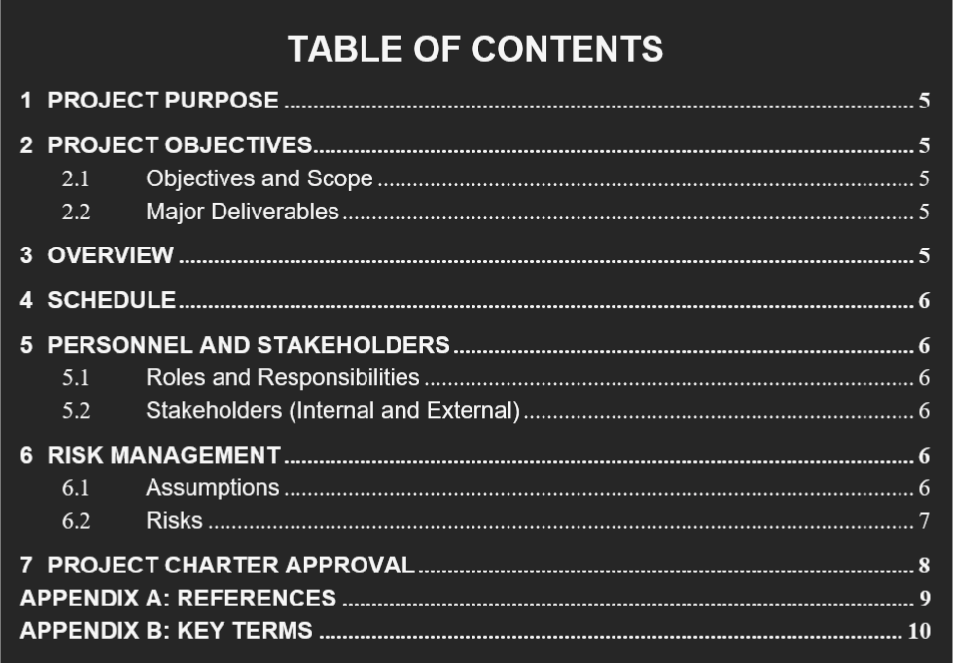Projects
Importance of "Process"
- Process
- Systematic series of actions or steps taken to achieve a specific goal. It involves planning, executing, monitoring, and controlling all aspects of a project.
- Product
- The result or output of the process. For a software project, it includes the software system and associated artefacts.
Emphasized process
- Foundation for Success – A robust process critical for delivering successful projects
- Industry Relevance – Professionals rely and value sound processes in all aspects of the project development life cycle
- Skill Development – Focus on developing skills that are essential for managing and executing projects effectively.
Project
- A temporary endeavour to create a unique product, service or outcome.
Key characteristics:
- Introduce CHANGE to the organisation
- TEMPORARY, it has a defined beginning and end
- CROSS-FUNCTIONAL, cuts across organisational boundaries
- Deals with the UNKNOWN
- UNIQUE
- They all vary in SIZE
Why projects
- Provides strategic alignment of key activities and visibility at the appropriate levels
- Mechanism to prioritise activities (Benefits, Regulatory, HW Refresh)
- Allows organisations to deliver change in a structured and formal manner outside of Business As Usual
- Effective and efficient management of organisations limited resources (people & $’s)
- Establish ownership and accountability – Process and the Benefits
- Provide clarity, buy-in and agreement across what will be done, when, who, why and the outcomes
Project Management
Project Management is the planning, delegating, monitoring and controlling of all aspects of a project, and motivating those involved to achieve the project objectives within the expected targets for time, costs, quality, scope, benefits and risks.
Organising and structuring scarce resources
Managing risk
Identifying and clearing issues
Managing and implementing change
Retaining and re-using knowledge
Organisational wide learning from past success and failures
Maintain Balance in Resource, Scope, and Time
Project Manager
- Tradition Project Manager Key Activities

- Agile
- No defined PM role
- Key activities are spread / shared across team members
- Key project activities are still undertaken formally with appropriate documentation
- Some alignment between a Scrum Master and a Project Manager
- Move from Command and Control to Servant Leadership
- Coaches and facilitates teams to deliver
- Emphasises objectives
- Is invested in the program's overall performance
- Asks the teams for answers
- Allows the teams to self-organise and hit their stride
- Assists others with fixing issues
How Projects success/fail
- Successful: project is completed on-time and on-budget, with all features and functions as initially specified.
- Challenged: completed and operational but over-budget, over the time estimate or offers fewer features and functions than planned.
- Failed: project is cancelled at some point during the development cycle.
Project Screening
- Approach to
- Select;
- Prioritise;
- Have oversight; and
- Drive accountability across all projects
- Business Case: establish mechanisms to judge whether the project is (and remains) desirable, viable and achievable to support decision making in its initial and continued investment.
- Provides a factual base for key decisions makers to decide if the project should be undertaken
- Demonstrates how the project adds value to the organisation
- Has a set of pre-defined standard organisational characteristics (costs, benefits, risk, etc.)
- It is not all about size - size depends on the cost / benefit
- It is a living document throughout the project that should be reviewed and signed off at key stages
- Business case contains:
- Executive summary
- Reasons / explanation of why it is required
- Business options
- Expected benefits
- Expected dis-benefits
- Timescale
- Costs
- Investment appraisal
- Major risks
Money!
- ROI is income divided by investment
- High ROI means more profit
Project Charter
